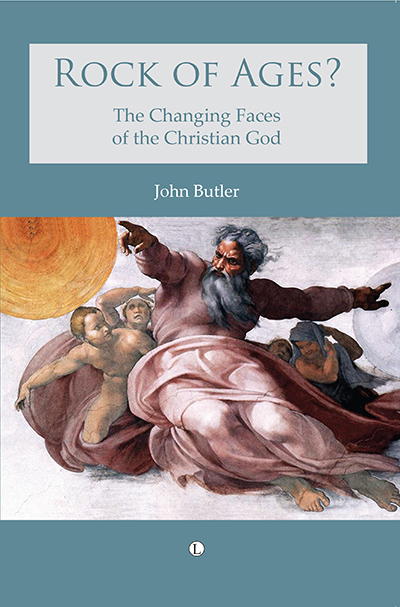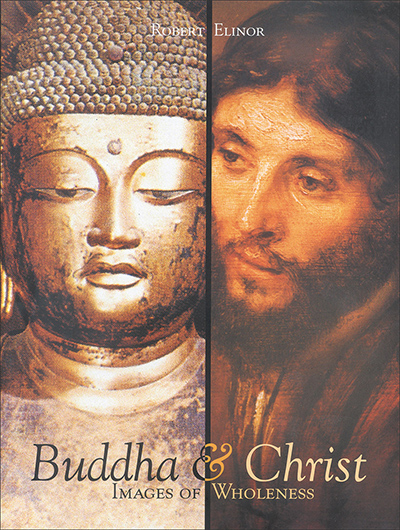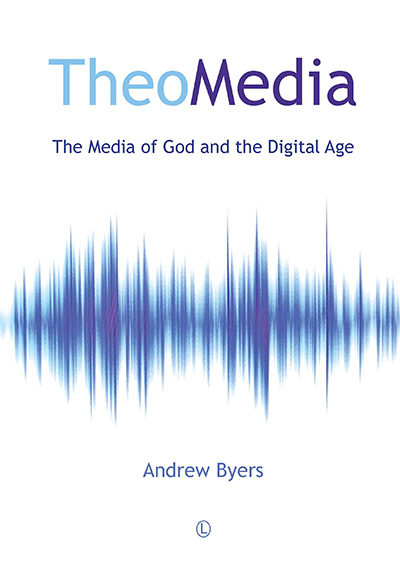Description
Is God the eternal and immutable presence that Christianity has commonly proclaimed him to be – the Rock of Ages? John Butler offers a different perspective through a personal exploration of the changing images of God within the main streams of the Judaeo-Christian tradition over a period of some four thousand years.
Butler takes the reader on a kaleidoscopic odyssey that begins with the pantheon of deities in Bronze Age Canaan from which the God of the early Old Testament emerged and ends with the radical images of God that were surfacing in the late twentieth century. The story is told largely through the record of the Bible and the ideas of key writers and thinkers whose authority or persuasiveness have allowed their visions of God to become embedded in the major Christian traditions. The book concludes with a discussion of the central question raised by the analysis: why is it that people across the ages have claimed to have experienced so many different and sometimes contradictory faces of the Christian God?
Written in an elegant and engaging style, this informative book will appeal to Christians, atheists, students, and those who are simply interested in the cultural and intellectual history of God.
About the Author
John Butler is Emeritus Professor at the University of Kent and a guide at Canterbury Cathedral. He is the author of the acclaimed Quest for Becket’s Bones (1995) and the prize-winning Red Dean of Canterbury (2011).
Contents
Timeline
Acknowledgements
Introduction: The Author and the Book
1. The Origins of the Gods
2. The God of Israel
3. The God of Laws and Psalms
4. The God of Messianic Expectation
5. The God of the Damascus Road
6. The God Who Came to Earth
7. The God of Dogma and Heresy
8. The God of Creeds
9. The God of Selective Grace
10. The God of Medieval Scholasticism
11. The God of Reason and Revelation
12. The God of the Reformers
13. The God of Predestination
14. The God of Prevenient Grace
15. The God of the Gaps
16. The God for Enlightened Times
17. The God Who Warms the Heart
18. The God Who Was Fading Away
19. The God of the Liberals
20. The God of the Fundamentalists
21. The God of Neo-Orthodoxy
22. The God of Silence and Suffering
23. The God for the Twentieth Century
24. The God of the Past and the God of the Future
Sources
Index
Endorsements and Reviews
This beautifully written book tells the fascinating story of the evolving portrait of the Christian God from Abraham to the present day. It is an illuminating read for those who feel the need to cross their fingers whenever they say the Nicene Creed – and for many who don’t!
Rt Rev Richard Llewellin, former Bishop of Dover and Bishop at Lambeth
I read this in one sitting. I found it utterly compelling. Firstly, it was so approachable – honest, succinct, racy. And also because it was so focused on the reader’s need to make sense of often contradictory images or doctrines about God. So the author runs through history and wrestles with ideas about God in a way that any searching person of the twenty first century will find useful. I loved it and hope many others do too.
Rev Dr Leslie Griffiths, Superintendent Minister at Wesley’s Chapel, London
The professor’s argument combines brevity and clarity … For those no longer content with the image of God they have inherited, this book suggests new possibilities.
Trevor Jamison, environmental chaplain for Eco-Congregation Scotland, in Reform Magazine, November 2013
His fascinating presentation and flowing language captures and sustains reader’s attention. The timeline and Butler’s introduction to this book invite the readers to examine their own perception(s) of who God is and what this God does (or does not do) to them. After carefully reading it, they will thank Professor Butler for throwing fresh light on their theology.
Daniel Jeyaraj, Liverpool Hope University, in Theological Book Review, Vol 25, No 2
… beautifully clear and concise … Butler offers his personal voyage for illumination and for discussion of the future face of God. The final destination of his adventure is indeed illuminating.
Hugh Rock, in Modern Believing, Vol 55, Issue 2
Most readers will discover things here that they did not know …
David Grumett, in The Expository Times, Vol 127(5)
Butler achieves the aim which he declares at the outset and offers his readers an appealing invitation to join the search.
Nicholas Papadopulos, in Theology, Vol 117, No 4






